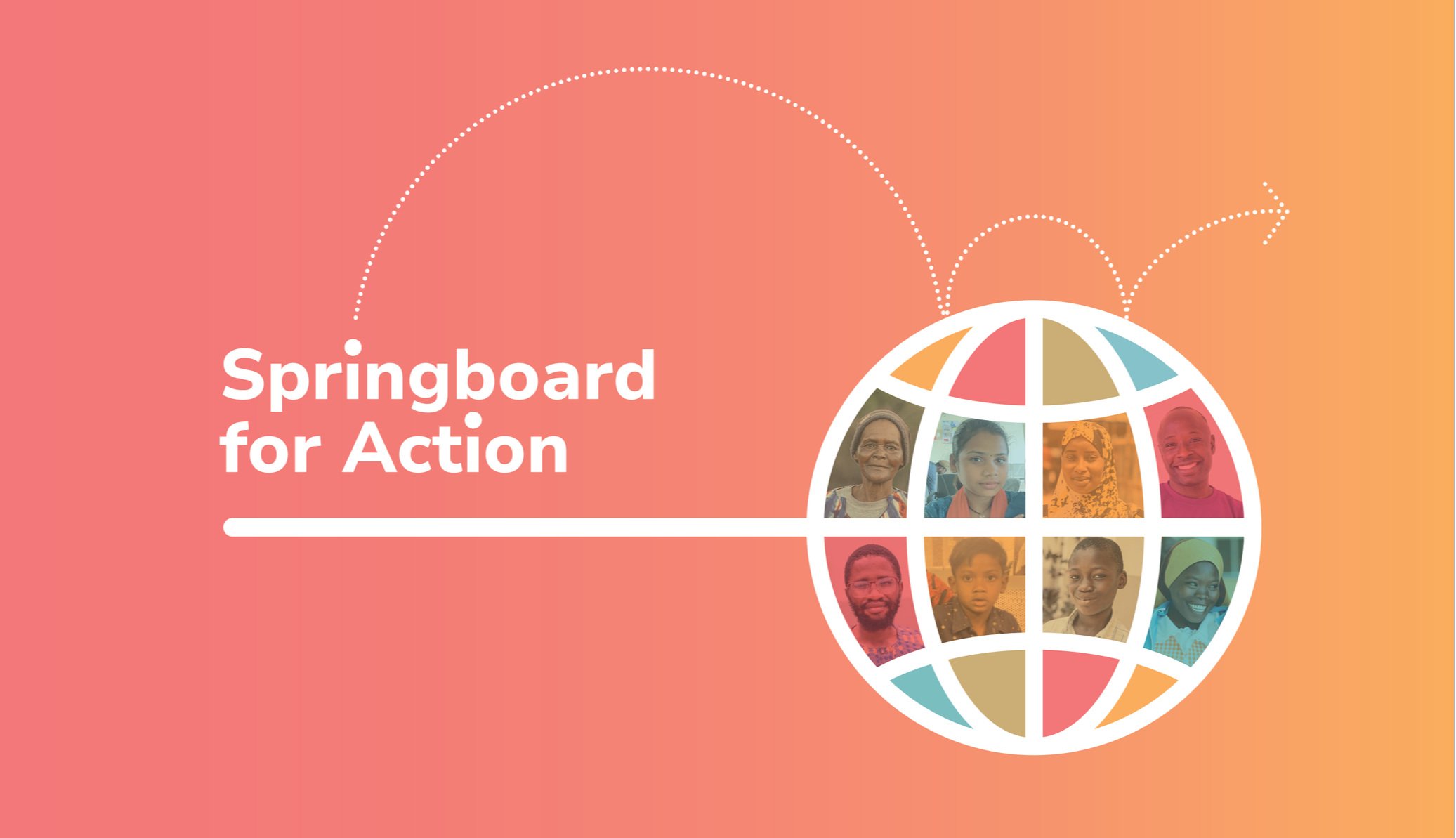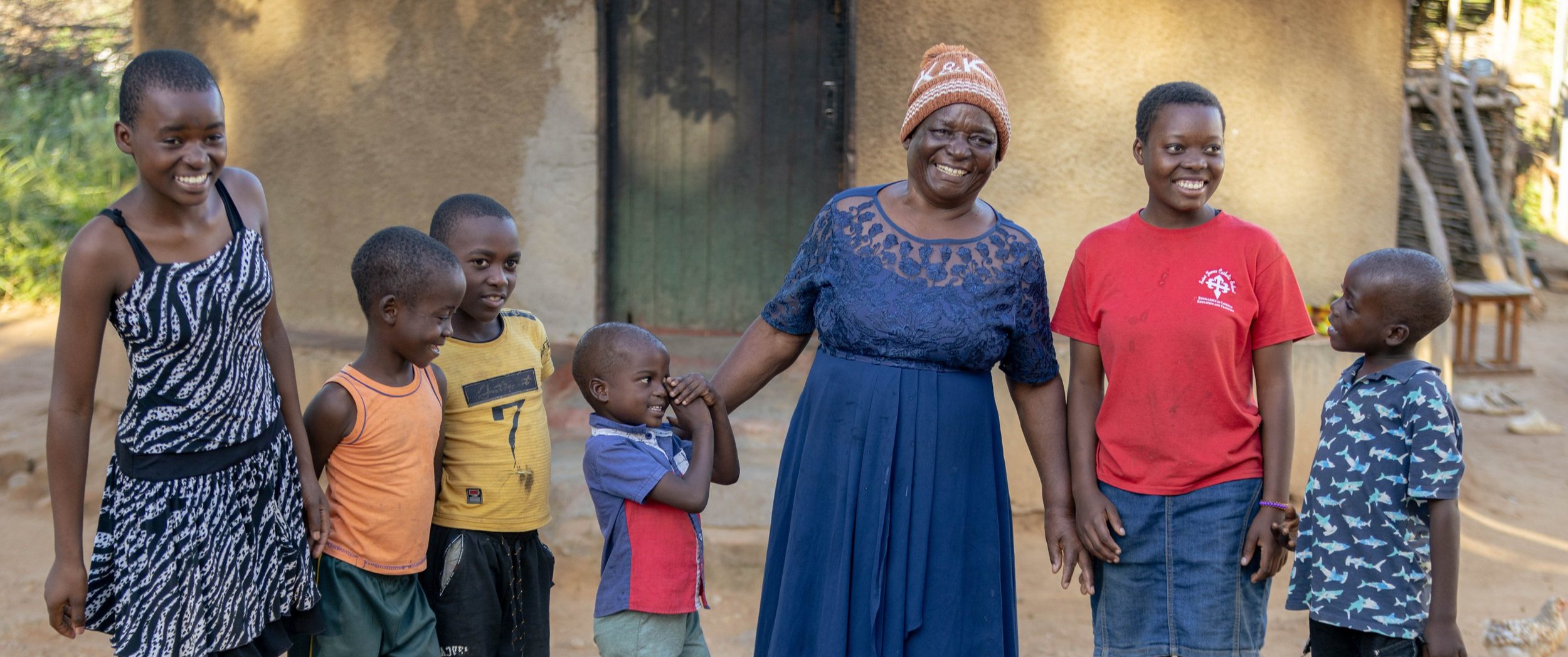PEN-Plus Partnership Strategic Plan
2025–2028

-

PEN-Plus: A Proven Strategy
PEN-Plus is a package of clinical services that enables frontline providers in low-income health systems to provide care for people living with severe, chronic noncommunicable diseases that require complex and precise ongoing management
-

Introduction
PEN-Plus clinics change the lives of people with severe noncommunicable diseases in rural settings. The clinics are decentralized and fully integrated into public health systems, so they bring affordable care closer to home. With well-managed care, patients and their families have more resources, time, energy, and hope to pursue their futures. For families living in deep poverty, the impact is transformative.
-

Executive Summary
Fifteen countries are implementing PEN-Plus, with services now available to a combined catchment area of more than 25 million people in lower-income countries. NCDI Poverty Network partners are poised to double that impact by 2028, drawing on the momentum made possible by their commitment to patient care, hard-won experience, and advocacy for people living in rural areas of sub-Saharan Africa and South Asia.
-
Setting the Stage
Severe, chronic noncommunicable diseases—particularly childhood-onset conditions such as type 1 diabetes, sickle cell disease, and rheumatic and congenital heart disease—are largely absent from major global health funding priorities and policies. The NCDI Poverty Network is leading the charge to change this reality.
-

Priorities and Targets
The rapid expansion of PEN-Plus and its adoption by all the countries in the World Health Organization’s African Region are a testament to the growing demand for this model of care. Further expansion will require an increasing decentralization of program leadership, a higher level of external financing, and well-managed public financing mechanisms.
-

Join Us
In joining their respective strengths, the global partners of the NCDI Poverty Network have already made significant progress in solving one of the world’s starkest health inequities. We invite you to join us in this ambitious work. The PEN-Plus model represents both an opportunity to dig deep into issues that matter to your mission and an outsized impact as part of the joint work of Network members.
-

The Role of the Network
The NCDI Poverty Network works to bring lifesaving care to children, adolescents, and young adults doubly burdened with chronic noncommunicable diseases and extreme poverty. The Network represents a coalition of technical, policy, funding, and advocacy partners collaborating with governments to solve one of the world’s starkest inequities. Each organization brings its expertise to different aspects of the systemic change needed to ensure people living with severe noncommunicable diseases can access care close to home.

ANNA MAZIVA, 74, shares a lighthearted moment with her grandchildren at her homestead in Masvingo, Zimbabwe. Maziva receives treatment at the nearby PEN-Plus clinic for her hypertensive heart disease.

